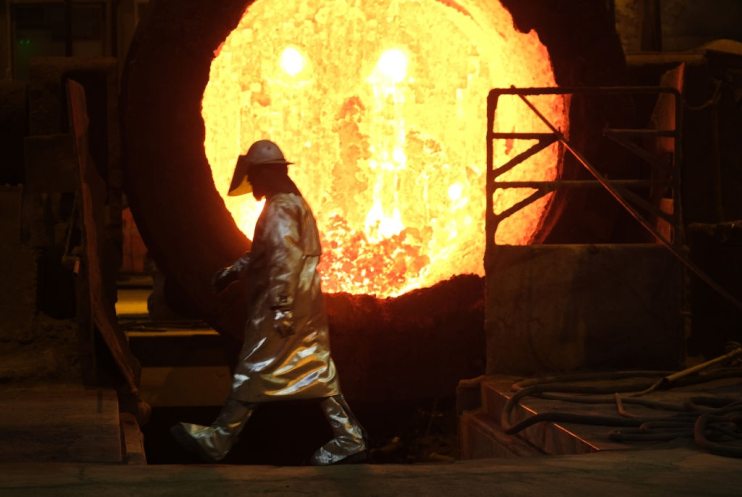Kwarteng backs steel tariffs and labels the crisis-hit sector as a ‘strategic’ industry

Steel is an important “strategic industry” argued Business Secretary Kwasi Kwarteng, defending the Government’s financial support for the sector at the BEIS select committee in Westminster today.
Kwarteng suggested there is a “strong argument” for Britain to invest in supporting domestic steel manufacturing after the Prime Minister hinted that its tariffs could be both retained and extended.
The Business Secretary explained: “Free trade is all very well, but if everyone else is supporting a strategic industry, I think there is a strong argument in this country for doing so.”
He highlighted that all G7 nations have steel industries supported by their domestic governments and that there was a clear national interest in protecting the sector and not relying on overseas suppliers.
This was especially the case for building tanks or military hardware, where governments don’t want to enter a “free trade international market depending on China.”
Kwarteng concluded: “I would hate to see Britain where we didn’t produce any steel and were reliant completely on the international market, and when we needed to make the steel then we had no capacity.”
This follows Prime Minister Boris Johnson indicating at the G7 summit on Sunday he was in favour of protectionist measures for the steel industry, and will bring in a series of new tariffs in a bid to protect British manufacturing.
His former ethics adviser Lord Christopher Geidt quit this month after he advised Johnson he would be breaking international law by maintaining tariffs on Chinese steel against the recommendation of the Trade Remedies Authority.
Johnson is expected to announce a two-year extension to tariffs on Chinese steel exports, which could be a violation of World Trade Organisation (WTO) rules, according to The Telegraph.
The steel sector has struggled in recent years, being propped up by bailouts and taxpayer support amid market chaos and soaring energy costs.